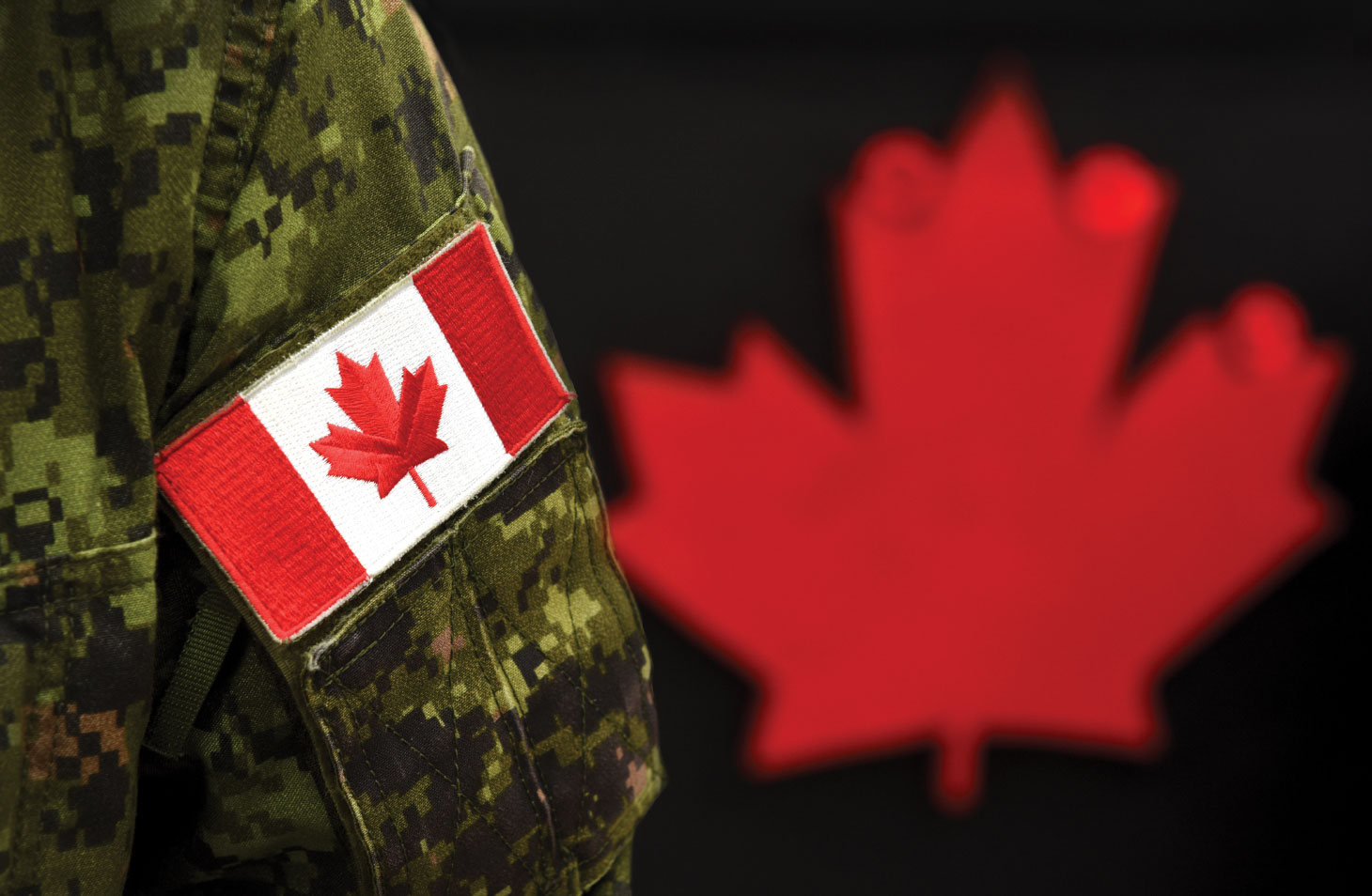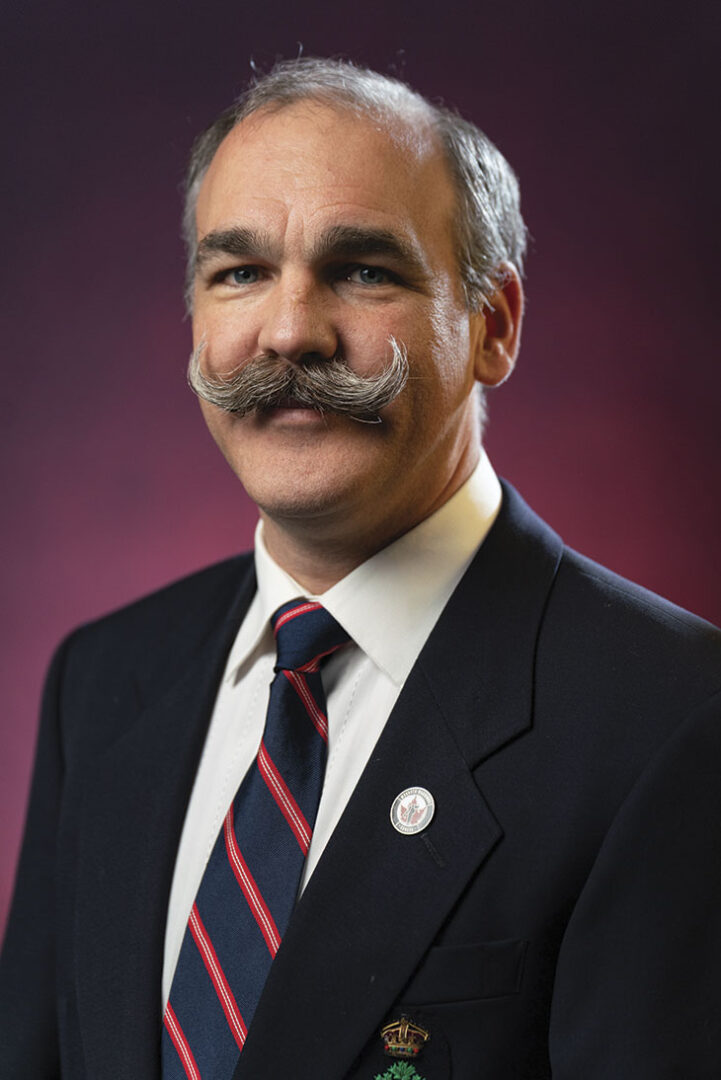
Every moment of every day, dedicated professionals are out on the front lines serving and protecting Canadians. Through the course of their regular job duties, these individuals are continually exposed to traumatic events involving actual or threatened death, serious injury and/or sexual violence. At the same time, they must deal with the ongoing negative post-traumatic effects of having been exposed to those events.
Wounded Warriors Canada (WWC), a national mental health service provider, is there to support and help these trauma-exposed professionals and their families. “We want to serve all those doing the hard work in the community,” said Dr. Tim Black, national clinical director for WWC. “They’re out there being exposed to the kind of things most of us very rarely experience in our lives.”
Through a combination of education, counselling and training, WWC specializes in providing culturally informed services to support resiliency and recovery from post-trauma injuries. More than 100 clinicians across Canada possess the cultural competency necessary to support the unique mental health needs of uniformed service members and their families.

“Our organization is at the front line of providing rehabilitation programs for trauma-exposed professionals and their families.”
Steven Boychyn, Wounded Warriors Canada
“Our organization is at the front line of providing rehabilitation programs for trauma-exposed professionals and their families,” said Steven Boychyn, director of training, WWC. “We use the term ‘trauma-exposed professionals’ because although corrections officers, police personnel (called file managers) and the dispatchers and call-takers for 911 don’t actually wear the uniform, they are also exposed to ongoing traumatic events and can participate in our programs.”
Trauma-exposed professionals include but are not limited to the following professions:
- Canadian Armed Forces
- Veterans
- Police service
- Firefighters
- Paramedics
- Public safety communicators
- Corrections service
- Security service
- Search and rescue personnel
WWC began as a registered charity that raised funds and donated the revenue to third-party program partners. That began to change after the organization developed its own in-house program Couples Overcoming PTSD Everyday (COPE).
“In 2017 we recognized there was a bigger need out there and so we shifted our focus from fund-raising to offering our own mental health programs,” said Boychyn. “We learned that [group programs] best served trauma-exposed professionals…. Veterans Affairs Canada provides very good individual care for their members, and many police, fire, corrections and other professions receive excellent care from their employee assistance programs, but none offer group-based programs and certainly none that are free for the members who need them.”
Clinical services
Trauma Resiliency Program 1 (TRP1) is a three-day residential group counselling program focused on trauma education, skills practice and building connections to reduce isolation. After TRP1, participants may join TRP2, a four-day residential group counselling program aimed at understanding and reducing the effects of a specific traumatic event or series of events.
On the WWC website, Black explains these trauma resiliency programs: “Essentially, they make up a two-part program that helps people build resiliency based on some very fundamental principles. One is clear knowledge about what is trauma and how people get traumatized and how to manage trauma symptoms. The second phase is choosing specific targets that people want to work on. Using the tools and the skills that we’ve given them in the first phase, they learn how to work through that specific trauma.
“What this program is trying to do ultimately is combat some of the stigma and social isolation that is inherent in PTSD and trauma. We want to encourage people to be able to begin to talk about this stuff, to know that it’s normal to have responses after traumatic events, and that they’re not alone,” Black said. COPE is available to Canadian veterans and first responders and their partners. This group-focused program combats isolation and shame common among families managing operational stress.
“They’re out there being exposed to the kind of things most of us very rarely experience in our lives.”
Dr. Tim Black, Wounded Warriors Canada
The Spousal Resiliency Program is a four-day, clinically facilitated group intervention for spouses, offering tailored trauma support. Warrior Kids Camp provides in-person and virtual skills-building for children of trauma-exposed professionals. The Surviving Family Program is a five-day, clinically facilitated group program that assists immediate family members who have lost their loved one in the line of duty or to suicide.
“Our resiliency programs are clinically designed based on what we learned through our recovery programs,” said Boychyn. “They are for those people who are not yet injured. Our resiliency programs are normally funded by the organizations that are for those professionals. For example, the Canadian Forces National Investigation Services have procured our WWC trauma resiliency training. This program provides trauma training and tools so that when – not if – these professionals are exposed to traumatic events, they have the skills and knowledge to take the right actions so they don’t become injured. It becomes a bad memory created by the event rather than a mental health injury.”
All group programs are created around the unique culture of uniform services for trauma-exposed professionals. Those who serve are different – they have a different outlook on life – and the programs are specifically designed for them.
Construction and heavy construction industry
For some trauma-exposed professionals it is a natural progression to move into construction when they retire. “Many of our armed forces have construction technical skills – pipefitters, plumbers, electricians, driving graders and other equipment,” said Boychyn. “When they leave the Canadian Forces, they might get hired by a construction company; officers may go on to be project and program managers, surveyors.
“If they haven’t already received help for trauma, they may tend to forgo self-care. Because of the stigma of mental health injury, many try to ‘rough it out’. They need to know that even if they are no longer in a trauma-exposed profession, our programs are there for them.”
To be eligible for WWC programs, individuals must be serving or have served in a trauma-exposed profession as defined by the organization. No referral from a clinician or formal diagnosis is required to access support. “If you think you might need or want to come into our programs, go on the website and provide your contact information. Because [we] are charitably funded, we run programs as we have the funds, but generally, if someone applies to our programs, they will be offered a spot within about 90 days,” Boychyn said.
WWC recognizes that there are many industries out there that should and can be considered trauma-exposed professions, but right now they are struggling just to serve first responders and military. “We’d love to be able to include emergency room doctors and nurses, but unfortunately we’re not in the position to be able to do that right now,” said Boychyn.
Companies and individuals who want to help can take part in one of the national fundraising events, like the annual Ride for Mental Health, or make a donation today to support trauma-exposed professionals and their families. “Our clinical group programs can cost up to $17,000 per person,” said Boychyn. “We gratefully accept corporate donations online. We try to provide the best value for all the donated dollars we receive. In fact, 84 cents of every dollar donated go directly to each person taking one of our trauma rehabilitation programs.”
Asking for help is one of the biggest and best steps someone can take. If you or someone you know could benefit, don’t wait – explore WWC programs available across the country and take the first step toward support.